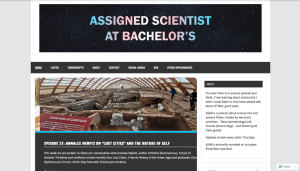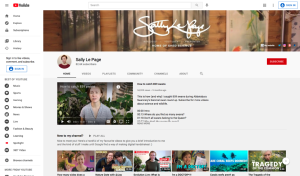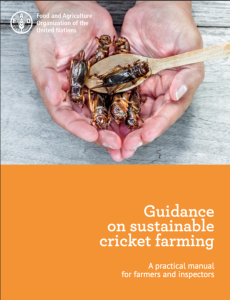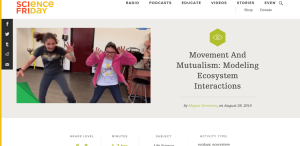Theme: LGBTQ+ in STEM
Back to Top
|
 |
|
500 Queer Scientists
|
Science |
|
LGBTQ+ individuals make important contributions to STEM fields every day, but their leadership often goes unrecognized. 500 Queer Scientists aims to boost visibility for LGBTQ+ people working in STEM by sharing their stories, highlighting role models, forming connections, and letting people know they are not alone. Submissions from users around the globe have well exceeded the goal of 500 scientists, and the project now profiles more than 1500 people. On the homepage, readers can click the photos to read each user-submitted story. Many featured individuals include links to connect with them on social media or find out more about their work. To filter by STEM field or location, readers can navigate to the Search page from the menu bar at the top of the site. The Resources page includes a link to The 500QS Reader, a monthly newsletter with people, publications, and organizations of interest in the LGBTQ+ STEM community. A recent issue profiled Kyne, a drag queen and mathematician, and Queer AI, an organization advocating for representation and inclusion in the artificial intelligence field. Also on the Resources page, readers will find links to a job board and community events calendar. 500 Queer Scientsists is active on Instagram (@500queerscientists) and Twitter (@500queersci). [HCL] |
|





|
|
 |
|
Assigned Science at Bachelor's Podcast
|
Science |
|
Assigned Science at Bachelor's (ASAB) explores all things science through a transgender lens. Hosted by Tessa Fisher, who calls herself "possibly the world's only openly trans lesbian astrobiologist," and Charles Wallace, a trans entomologist and PhD student, each episode features a trans guest discussing their work in the sciences and chatting about the latest news and issues in their field. Recent episodes included conversations with evolutionary biologist Fayth Tan about animal regeneration, climate scientist Michaela Gallucci about robot dating, and science writer Annalee Newitz about gender in the future. New episodes are released about twice per month. ASAB streams on most podcast platforms (including Apple Podcasts, Google Podcasts, Spotify, and Stitcher), but their website has a few extras. Under the Transcripts tab readers can click any episode to find show notes with links to resources for deeper dives into the topics discussed, as well as a transcript of the episode. Listeners looking for a specific subject should navigate to the right sidebar and use the Categories dropdown menu to filter by subject. To find ASAB on social media, visitors can visit the Social Media page for links to their Goodreads, Instagram, Twitter, and YouTube pages. [HCL] |
|





|
|
 |
|
oSTEM
|
Science |
|
STEM professionals who identify as LGBTQ+ can bolster their personal, academic, and professional success by connecting with like-minded folks in a supportive, empowering environment. That is the mission behind Out in Science, Technology, Engineering, and Mathematics (oSTEM), "the largest chapter-based organization focused on LGBTQ+ people in STEM." The professional network spans colleges, universities, and professional chapters in the U.S. and abroad, and membership is free. Aspiring graduate students will not want to miss the Grad App Assistance page (under Resources) where they can apply for financial assistance for school applications and test fees (up to $750) and have their application materials reviewed by an expert in their field. In the Programs drop-down menu at the top of the page, students can also navigate to the Scholarship Program page to find financial support for STEM studies. Readers interested in online offerings should check out the Resources drop-down menu at the top of the page. Under Member Resources, visitors will find guides for career development, resumes, interviewing, and more. Connect with other LGBTQ+ individuals in STEM via the Affinity Groups page, which offers a number of open groups including Ace/Aro, Dis(Ability), Race and Ethnicity, Trans and Non-Binary, and more. The COVID-19 Resources page allows readers to join the oSTEM Slack workspace, providing an additional virtual community. [HCL] |
|





|
|
 |
|
 |
|



















